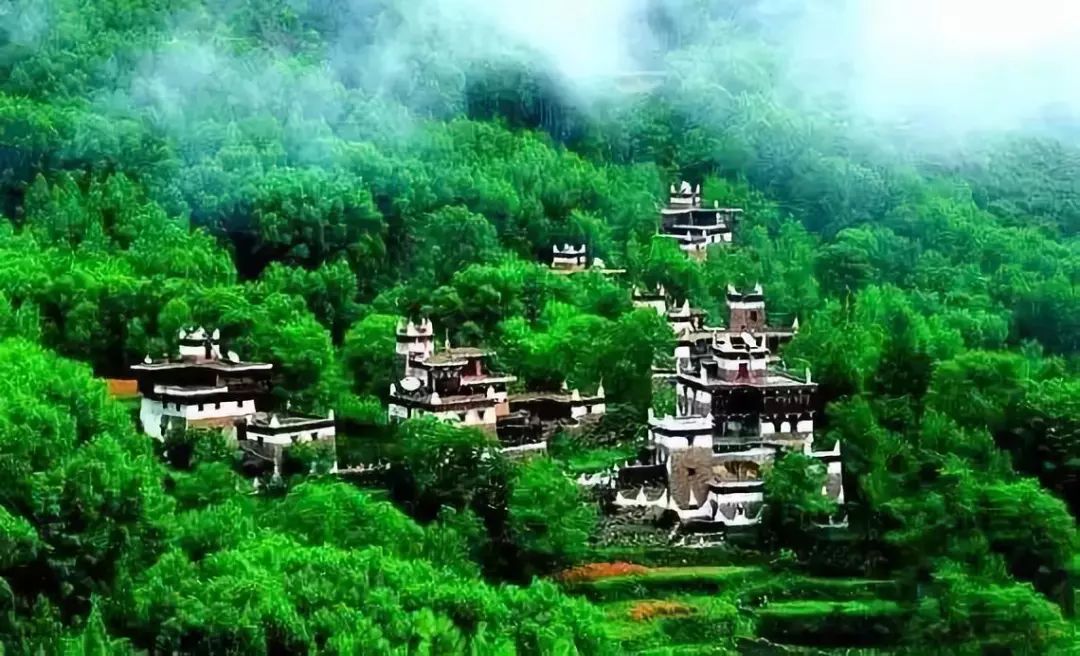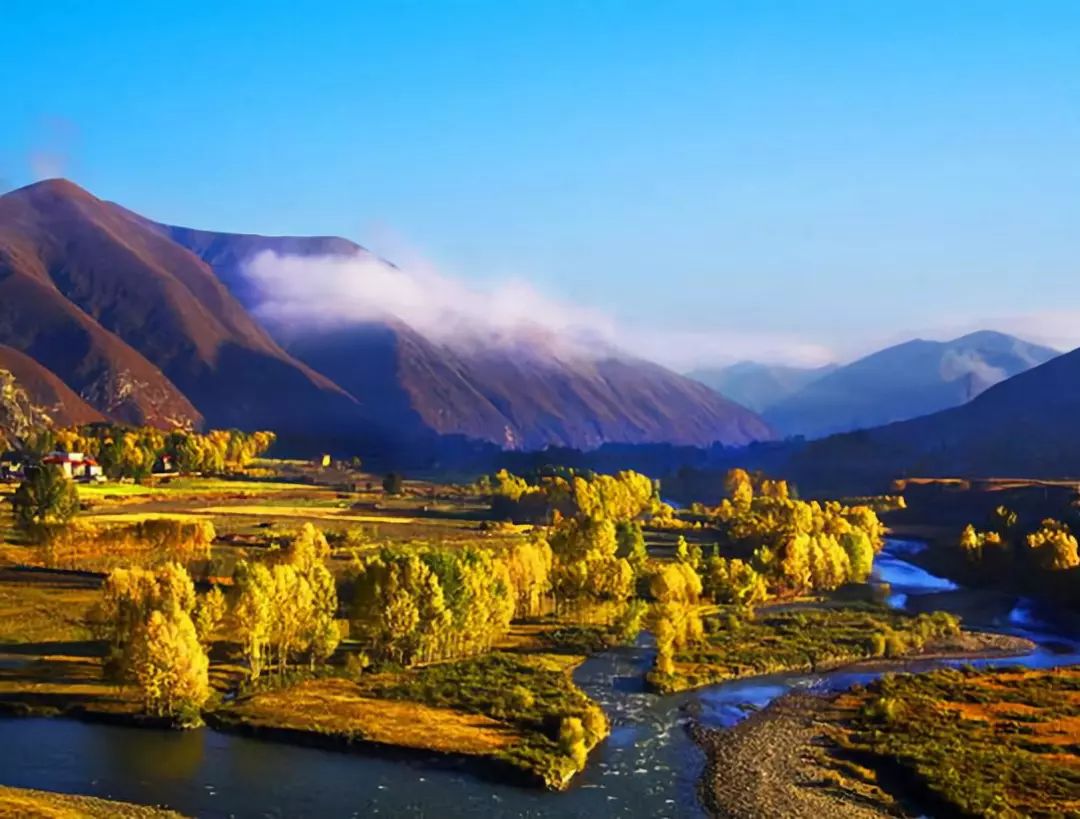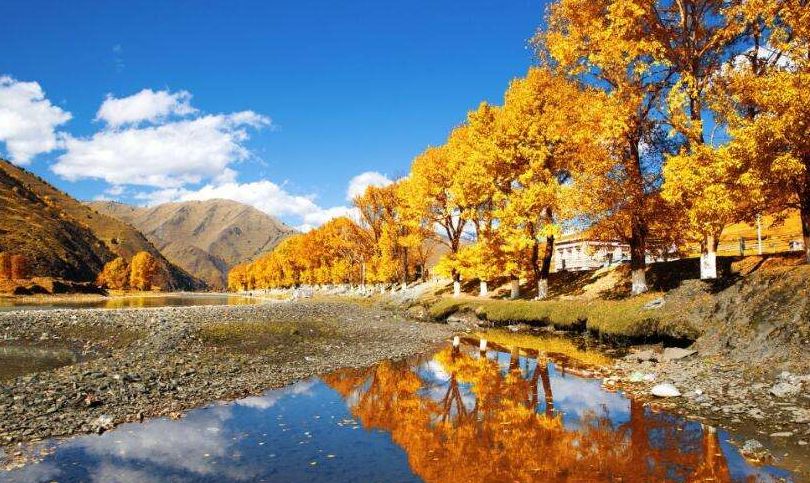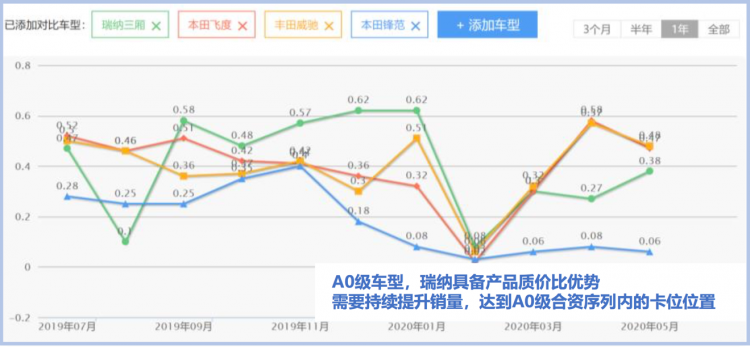Since the first trip to Thailand in early 2016, the joint camping Calvin global RV self-driving tour has entered the third year. The China-Europe trip in May 2018 is the sixth stop. During this stop, five countries including Hungary, Austria, Germany, Czech Republic and Slovakia were visited.
Here, I don’t want to describe to you how picturesque the scenery is and how convenient the transportation is; I also don’t want to introduce how exquisite European architecture is and how splendid culture it is; let alone introduce how rich European cuisine is and how many brands there are. I just want to share with you what I have learned and experienced along the way. I hope it can be helpful to friends who plan to go abroad for self-driving, and I hope it can give some references to RV camping practitioners.

Call for a reasonable, transparent and loose RV policy
RVs have a history of hundreds of years in Europe, and the retention rate is quite high. Camping is even earlier than the RV, and has become a part of people’s lives. Driving among the five countries in Central Europe, the RVs that frequently meet along the way fully illustrate this point. If you look carefully, most of the RV drivers are retired couples, and the campers I contacted in the camp later confirmed this, which is exactly the same as the domestic retirees who constitute the main force of RV players. The length of most European RVs is about seven meters, while Chinese RVs are restricted by license plates and driver’s licenses, and most of them are stuck within six meters. Easy and fun. Drivers over the age of 60 can only downgrade their driver’s license to Class C, which limits the choice of RVs for this main group of people.
We also noticed a phenomenon along the way, many RVs are dragging a trailer behind them. Some of the trailers have glove boxes, some have a motorcycle standing on them, and some even just pull a car. These trailers are of different sizes, but none of them have license plates, so there should be no annual inspection problem. Thinking of domestic RVs, especially towed RVs, in terms of license plates, roads, annual inspections, fees, driver’s licenses, etc., it is inevitable that I feel a little bit emotional. While envious of Europe’s reasonable, transparent, and relaxed road conditions for sojourn vehicles, I look forward to the relevant Chinese management departments formulating special policies and regulations for RV campers and the market as soon as possible. After more than ten years of development, RV camping has formed a certain market size in China, and policies and regulations should keep up.
Comparison of characteristics of campsites in China and Europe
In China, campsites tend to over-pursue high-end content, while ignoring the content that some campers really need. For example, the reception centers of many camps are spacious and bright, with many restaurants and facilities comparable to star hotels, but there are no public shower rooms, let alone laundry rooms. Even the sewage and cleaning facilities generally required by RVs are pitifully few. The tent camping area is basically a lawn or square, rarely equipped with enough lighting and power supply. Most of the camps in Europe take camping as the theme and take pragmatism as the principle. Many have no restaurants, only simple receptions and simple small supermarkets. But even in a small camp, the bathroom and sewage facilities are not sloppy at all. Such as the Reisemobil Stellplatz camp in Austria and the River Camping Prague camp in Prague, Czech Republic. The latter is the smallest of the seven camps visited on this RV tour, and can only accommodate 20 RVs, but there are showers and sewage systems as well. Even if there is no separate laundry room, there are washing machines and dryers for campers to use under the eaves of the reception.

Those who have experience in RV camping know that when two cars travel together, the RVs are willing to park door-to-door, and it is best to arrange three cars in a U-shape, and four or more cars in a mouth-shape to form a The feeling of a courtyard. The main purpose of doing this is to facilitate the interaction between neighbors. However, most of the domestic camps are neatly arranged, with water and electricity piles inside, and the front of the car is generally facing outward. This form looks uniform, but takes a lot of fun out of the camper. Many camps in Europe use the form of free parking, such as the camp in Innsbruck, Austria and the Thalkirchen Campingplatz camp in Munich, Germany. The latter can accommodate more than 100 RV camping, but there is no fixed camp. Surrounding the two washing centers are several lawns. The large lawn can accommodate 20-30 vehicles, and the small lawn can accommodate 5-6 vehicles. Each area is separated by short wooden piles, and the hydropower piles are evenly distributed near the wooden piles, so that it is easy to get electricity for tent camping. In this way, campers can decide their camps at will according to their own needs, or move their vehicles at any time according to the changes of sunlight and shade. Our four caravans are placed in the shape of a mouth. Everyone cooks, drinks tea and sings together in the yard surrounded by the caravan. The children run and play in the yard. The long-lost courtyard life feels great.
The Thalkirchen Camping-platz camp in Nuoda does not have any recreational facilities except a large lawn and two table tennis tables. But there is a river at its gate, the river is fast, and a natural wave area is formed at a drop. A large number of people come from the city every day to practice paddling and surfing. Because the river is not wide, only one person can go down at a time, so there are always long queues on both sides of the river. No one maintaining order was seen, everyone waited quietly and orderly with surfboards in hand, and people on both sides of the bank went into the water one by one. What would happen if this scene happened in China? Will everyone swarm into the water, and no one can play in the end? Will the camp owners find a way to include the river on their property, thereby turning it into a toll? I hope not.

There is another phenomenon worthy of attention. That is, regardless of size and footprint, we saw almost no staff at the European camps, except at the reception center. There are three reasons for this: first, European labor costs are high, and camps employ as few people as possible; second, campers are of high quality and self-care ability, and do not require too many services; third, the signs are clear and the layout is reasonable, reducing the amount of services.
In short, the main characteristics of campsites in Europe are: respect for nature, as little business as possible, as little as possible artificial traces, less loud noise, self-care of garbage, and all facilities are based on the needs of campers and on the premise of doing it yourself. To sum it up: simple, original, quiet, practical, do-it-yourself. The characteristics of domestic campsites are: luxurious, rich, and lively; digging lakes, filling pits, moving trees, and landscaping, with heavy artificial traces; operators try to take care of guests and serve God comprehensively and thoughtfully; more like operating a star Hotels, scenic spots, and resorts ignore the camping itself. The result is to enter the vicious circle of “the RV is unwilling to enter the camp, and the camp is hungry all day long”.

Who does the natural scenery belong to?
There are no scenic spots or parks in Europe. Every country is a big scenic spot, every city and every village is a big garden. The five countries we have traveled through can all be described as picturesque, and the process of driving along the way is also a process of enjoying the beautiful scenery. When it comes to scenery, China does not lose to any country, but the difference is that almost all of China’s scenery exists in the form of scenic spots. Since it is a scenic spot, it is logical to charge. And none of the Lake Balaton in Hungary, Piercesburg in Austria, Hallstatt in Austria, Swan Castle in Germany, Prague Square in Czech Republic, Budapest Museum, etc. that we visited were charged, let alone tickets. Even for services such as bag storage, only coins are used as a deposit, which will be refunded when the bag is picked up. Only the cable car, performances, meals, souvenirs and other consumer items are charged. Although there are costs for the operation of the scenic spot, do the common people have to pay for it? Can it be solved in the form of government subsidies, project funds, donations, community volunteers, etc.?
Traditional culture rejects pure business
Vienna’s Golden Hall is a household name and world-famous. The world’s top music masters are proud to be able to show their talents here, and the audience is also sitting in suits and shoes. Everyone must be thinking, it must be very expensive to listen to a symphony concert in such a magnificent venue, right? After all, tickets for a cross talk show in China can still sell for more than 1,000 yuan per ticket. The answer is: the lowest fare is only six euros, equivalent to less than fifty yuan. Of course, this is the price of standing tickets in the last row. This kind of ticket price is obviously to make it possible for the poor who love music to appreciate top art. I don’t want to say more, I just want to like this.
Characteristic towns and man-made towns
Hallstatt, the town of Hallstatt in Austria, is the only place in this trip to Central Europe that can be called a fairyland on earth. The town is small and built along the lake. Except for the church in the center of the town, which stands tall as a landmark building, the other buildings are built either on the mountain or near the water. Different shapes, different colors, different ages, different decorations, each with its own characteristics. The wild ducks swimming on the water and the cruise ships decorated with colorful lights, coupled with the drizzle falling in the sky, make it unbelievable that there are such places in the world. And a building that looks like a residential building is a restaurant. Not to mention how beautiful the interior decoration is, the exterior alone intercepts the shots of countless cameras. The khaki-yellow original adobe walls are covered with flowers and green vines, and the white door frames and window frames perfectly coordinate the colorful colors. The housekeeping dish served in the store is the well-received potato beef. Our group of 14 people ordered one each, and finally ate everything. This reminds me of a word popular in China in recent years: characteristic town, and I have a more specific understanding of it. A characteristic town should be a fusion of unique local scenery, architecture, humanities, and food, all of which are native and naturally formed by history. It can be simply packaged and planned, but it is by no means a bunch of new buildings built from flat ground. The reason why Yuanjia Village in Shaanxi is successful is that there are people born and raised by the local people, living in the houses built by the local people, cooking the food that the local people eat, and singing the songs of the local people. Just imagine, if in Hebei, an antique building was built with new bricks and tiles; Shaanxi snack bars were run by Henan people; Yachts imported from the United States… Is this a characteristic town? I’m afraid it can only be called a man-made town, right? How long can such a small town survive?

How about industrial tourism?
A visit to the PilsnerUrquell brewery in Pilsen, Czech Republic is an unforgettable experience. The factory was built in 1842, and the current factory gate was established in 1892 to celebrate the 50th anniversary of the factory, which has witnessed the development of the factory for more than a hundred years. In the 176 years since its establishment, the factory has undergone several expansions and renovations, but production has never stopped for a single day. The entire factory area and all the equipment are well maintained, and there is no sign of aging at all, but the 9.2-kilometer-long underground wine cellar proves the existence of history. From raw material selection to brewing process, from distillation and fermentation to finished product packaging, from product development to historical review, the handsome narrator Mike is also an old employee of the factory, with a proud face from beginning to end. Industrial tourism is also a hot spot in China in recent years. How to attract people? How to do it for a long time? Pilsner Urquell gave the answer: a century-old plan, craftsmanship, excellent products, employee pride, cultural heritage, rich content, meticulous maintenance, and continuous innovation.
Why choose a motorhome as a travel method?
When it comes to RV travel, everyone’s first reaction is to save the cost of staying in a hotel. In fact, there may not be a balance after the saved accommodation expenses and the rental car rental expenses are offset. On this point, the following car rental tips will be mentioned. The time and energy spent on finding, selecting, and booking hotels are also offset by booking campsites. The saving is the need to organize luggage and carry luggage upstairs and downstairs every time you change hotels. So why do we choose the RV as a way of travel? In fact, choosing a RV is choosing a life attitude. It is to choose a lifestyle with the characteristics of novelty, convenience, change, integration and freedom.
novel
RVs have only entered the Chinese market for more than ten years. Even in European and American countries, RV travel is a niche activity. Therefore, it is a novel way of life that most people are eager to try. Most of the riders who experienced the joint camping-Calvin Central Europe trip are the first to contact with RVs. The huge market prospect of this emerging travel method can be illustrated from their excitement when they saw the RV and their eagerness to take photos and post them on Moments.
convenient
Eat, drink, sleep and walk, do whatever you want. Food, clothing, and sundries are all close at hand, and everything is at your fingertips. Do-it-yourself cooking, in addition to the advantages of saving money, hygiene, and deliciousness, also has the fun of doing it, the enjoyment of life and the atmosphere of a big family.
Variety
The landscape is changing, but the home is not. The home hasn’t changed, the yard has changed, and the neighbors have changed. The beauty of this feeling can only be understood by experiencing it.

fusion
Integration with scenery and integration with people. All the beauty of nature is the scenery of your home. Traveling in an RV makes it easy to make friends from all over the world. In almost every campsite, the campers we meet will greet us politely, and even have a few words. At the Innsbruck camp in Austria, a rider Rorbert from Germany was next to us. Perhaps attracted by the aroma of our food, he took the initiative to greet us. After drinking a few glasses of Erguotou, he not only learned a few words of Chinese, but also taught us a few words of German. In the end, he took the initiative to ask us for Calvin’s car stickers and put them on his car. There are many other such examples. All vividly illustrate the concept of “a family of car friends all over the world”.
free
It is not limited by the time of hotel check-in, check-out, and meal opening. Suitable for groups with elderly, children and pets. In the event of weather changes or poor road conditions, you can adjust the route and visit the tour content at any time. For example, when visiting a Czech brewery, all tasted a classic draft beer. Although local law stipulates that driving after drinking a glass of beer is not a violation, all drivers took a nap in the car before continuing on their way.




